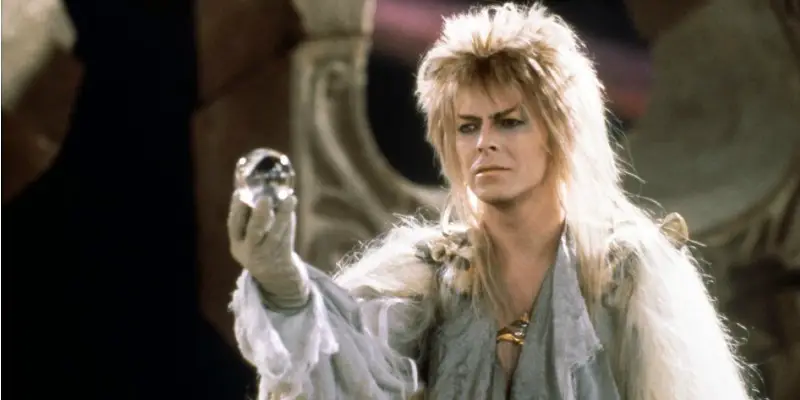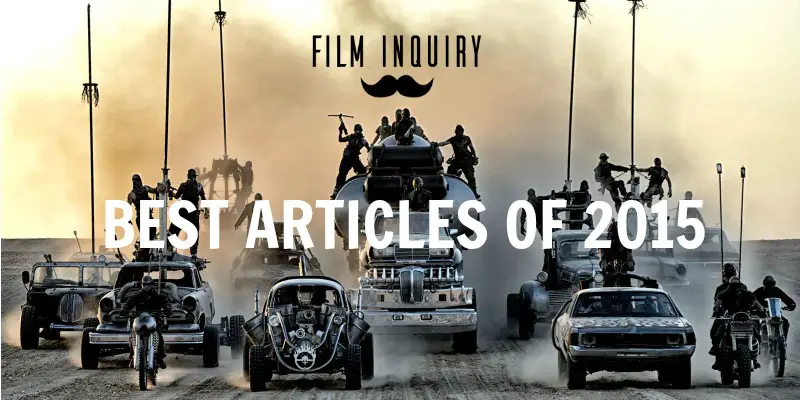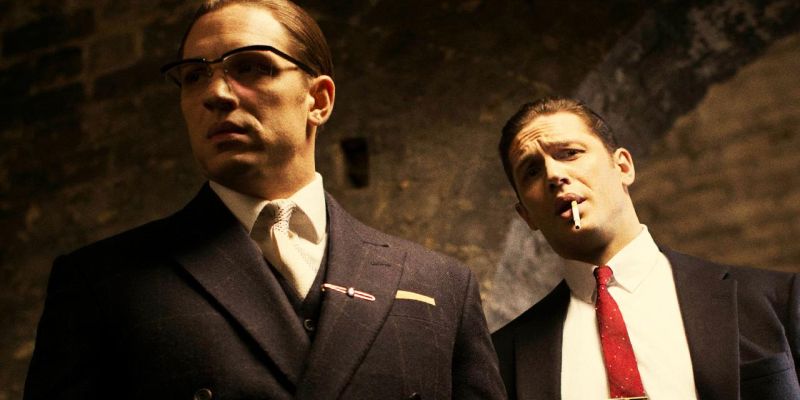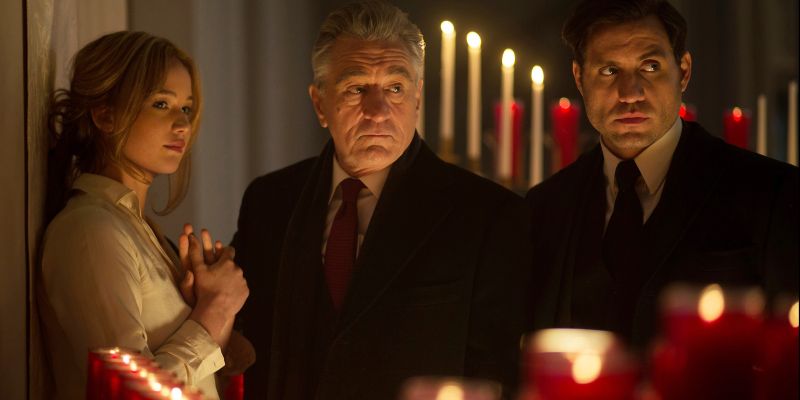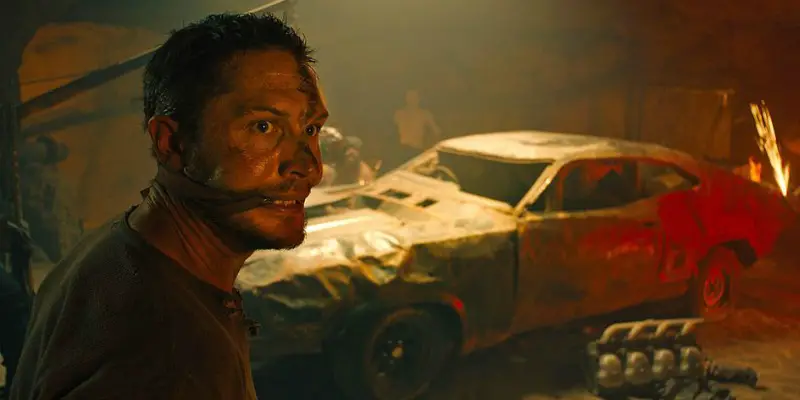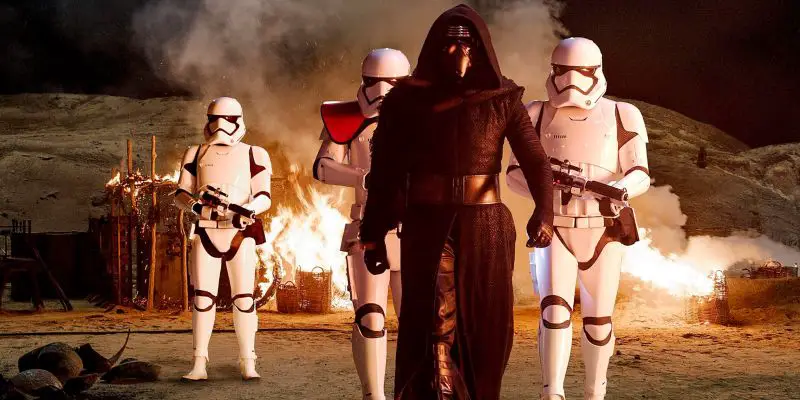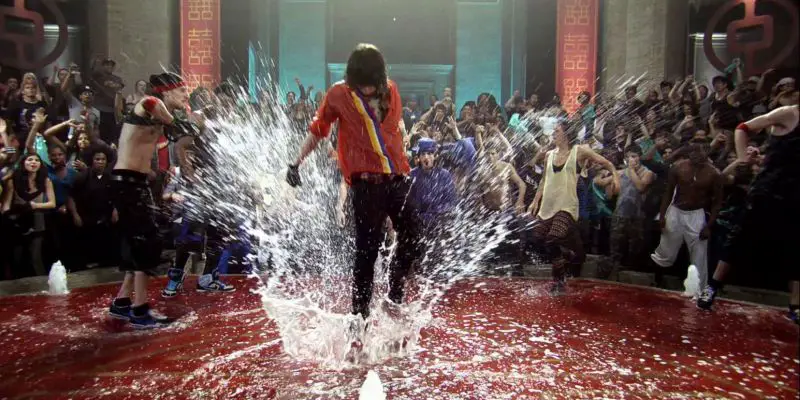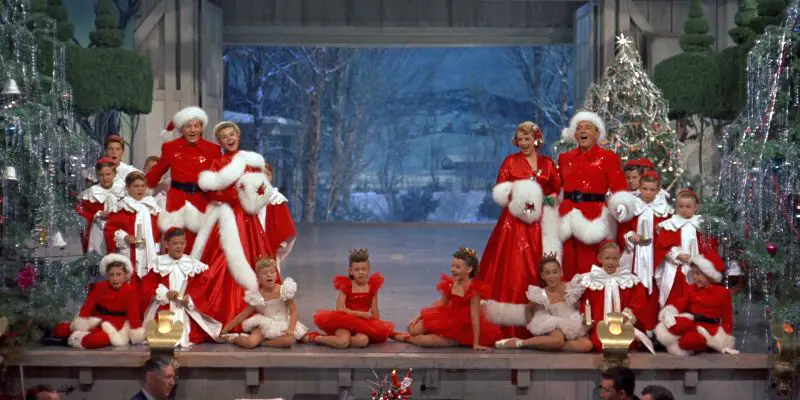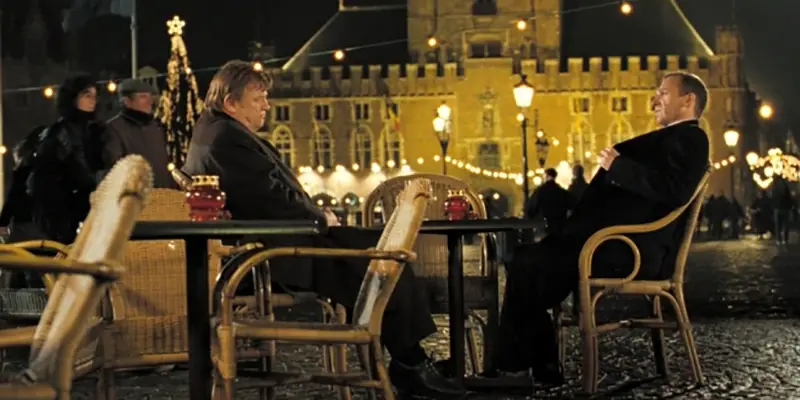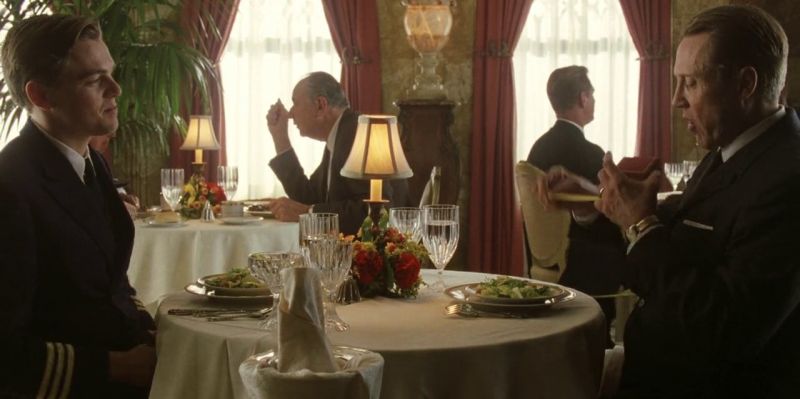Features

Elliot Grove’s life should be made into a film, virtual reality’s going to be the next big thing and Sacha Baron Cohen hasn’t always been funny. Those are just three of the things I discovered when I went along to interview Grove, founder of the Raindance Film Festival and the British Independent Film Awards. Discovering Raindance I grabbed the chance to ask Grove for an interview at a recent Raindance Open House event, held to introduce filmmakers to Raindance and what it can do for them.
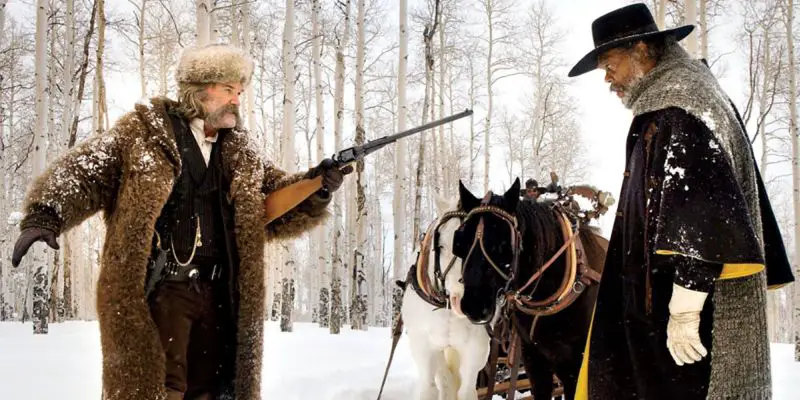
As 2015 comes to a close, the promises of 2016 in film leave excitement fizzling like the fireworks of New Year amongst Quentin Tarantino fans. We have been treated to an influx of releases ripe from the mind of the divisive director over the past few years, with Inglourious Basterds and Django Unchained providing much controversy and dividing many opinions, but it is The Hateful Eight that is now beginning to incite anticipation about its January release. But, as this excitement grows towards the end of Tarantino’s twenty-fourth year in the filmmaking business, the success he enjoys now has progressed in an initially unexpected way.

